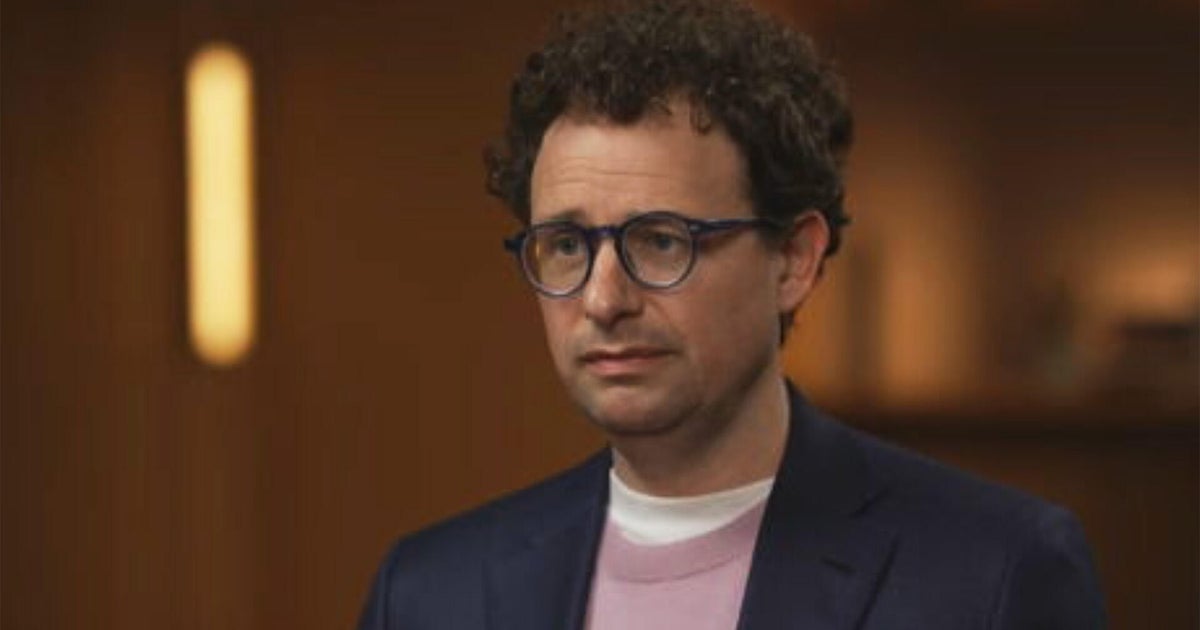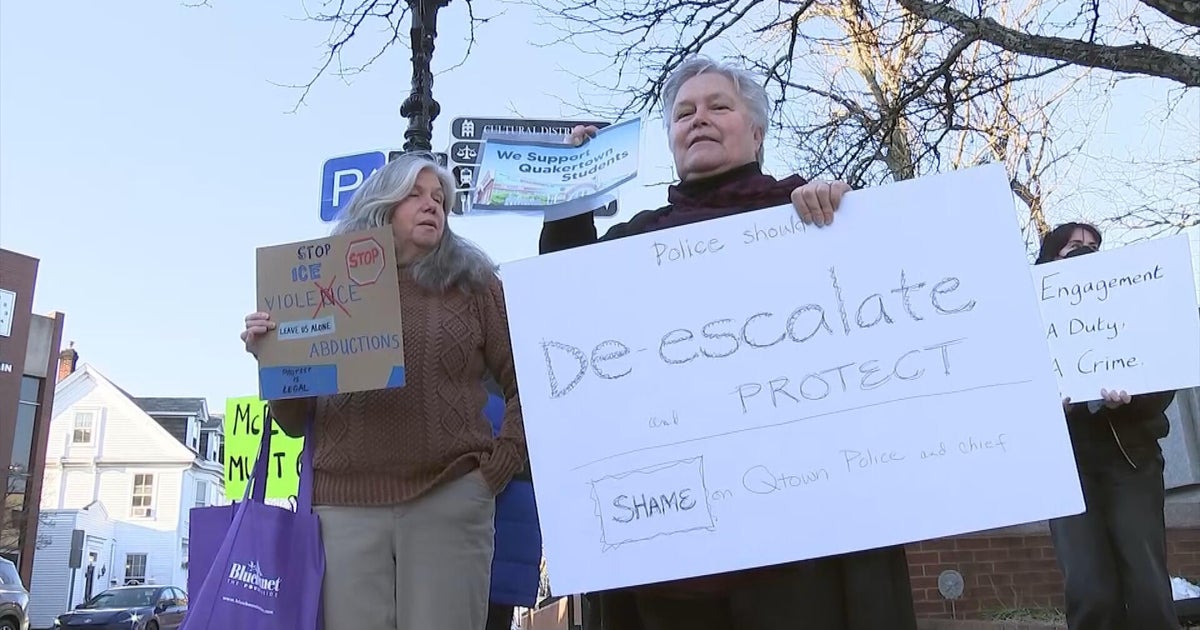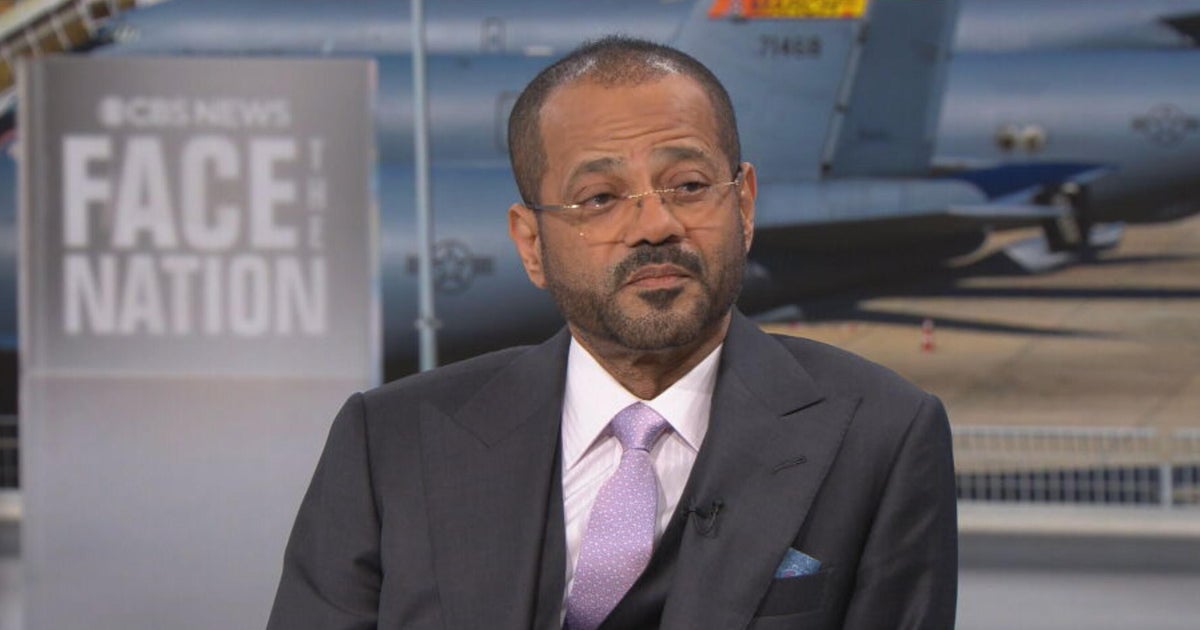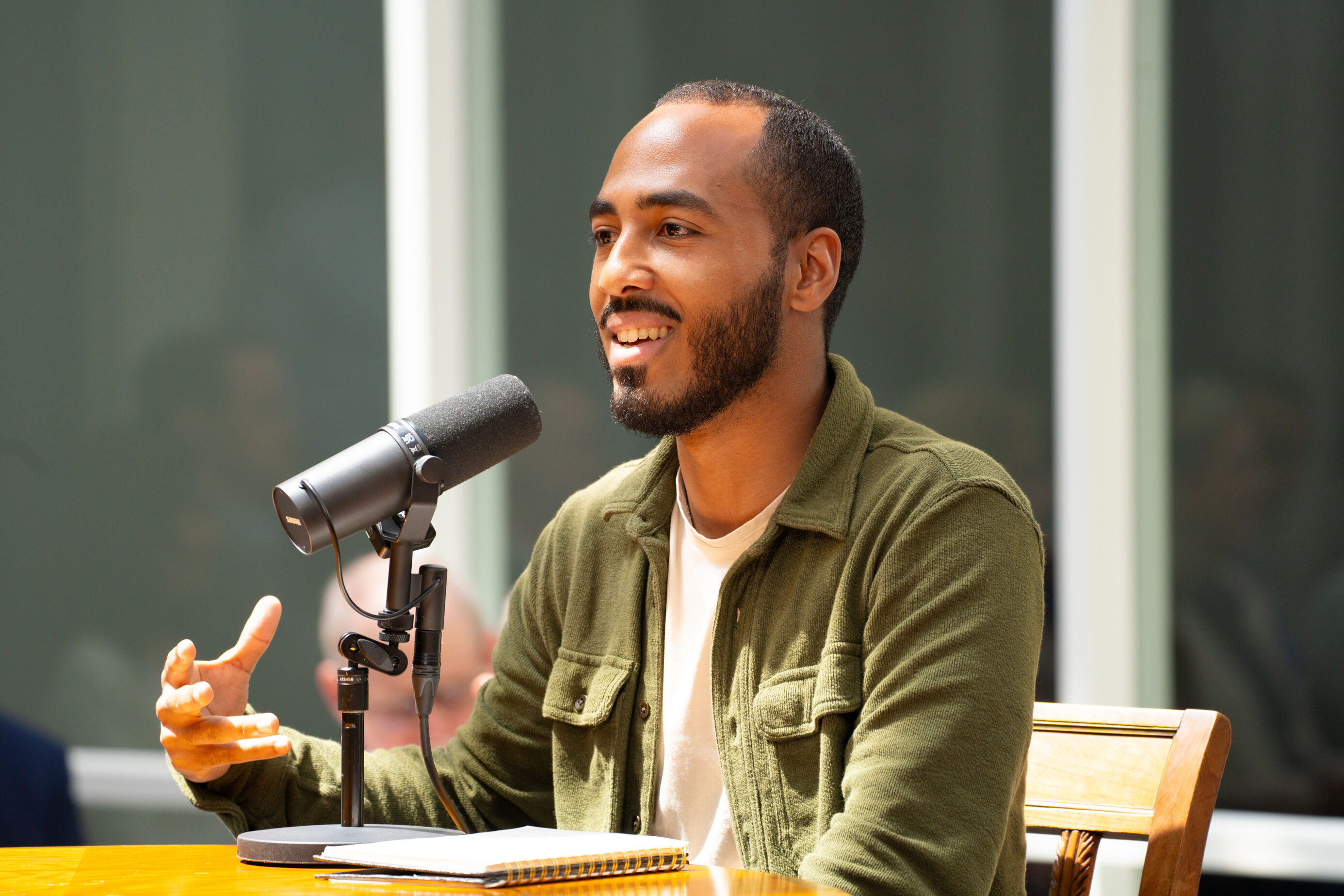Transcript: Jamelle Bouie discusses race and Juneteenth on "Face the Nation," June 21, 2020
The following is a transcript of an interview with New York Times Columnist Jamelle Bouie that aired Sunday, June 21, 2020, on "Face the Nation."
MARGARET BRENNAN: New York Times columnist and CBS News political analyst Jamelle Bouie joins us from Charlottesville, Virginia this morning to give us some more context. Good morning.
JAMELLE BOUIE: Good morning.
MARGARET BRENNAN: You know, many Americans are really learning about the historical significance of Juneteenth for the first time, and you reflected on it in a column this week. But you say you don't think of it as slaves having been granted freedom, but rather seizing it for themselves. What do you mean by that?
BOUIE: The story of emancipation, going really back to the founding of the country all the way to the civil war is very much the story of enslaved Africans and freed blacks taking the initiative to put their freedom on the agenda of national politics. That's especially true during the Civil War. The war, as many people know, it does not begin as a war for abolition. It begins as a war for union. But as soon as the shooting starts, enslaved people are escaping to union lines. They're leaving work on plantations. They're offering their assistance to- to union soldiers as guides, as laborers and eventually as soldiers. And it's those actions that transform the war for union into a war for liberation, into a war for emancipation. And although Juneteenth commemorates those enslaved Africans who were whisked away to Texas to avoid the Emancipation Proclamation, I think it's still an opportunity for us to really think and take seriously the fact that emancipation does not happen without the actions of the enslaved, not just over the war, but really over the course of 80 years.
MARGARET BRENNAN: And you're finding some resonance in that in the moment we're in today?
BOUIE: That's right. I think why this moment? Why Juneteenth has sort of erupted in this way over the past couple weeks, why people find it so resonant right now is that Juneteenth is very much a holiday about the distance between freedom that is promised and freedom that is lived. And right now, millions of Americans are seeing with regards to police brutality, with regard to inequality, the distance that still exists between freedom and liberty, as we imagine it, as we have proclaimed it, and that has actually experienced by ordinary people.
MARGARET BRENNAN: Texas Senator John Cornyn and Congresswoman Sheila Jackson Lee are talking about trying to make it a federal holiday. You have a lot of corporations acknowledging it, some giving the day off as well now. But you kind of said that doesn't sit quite right with you. You see it as a little bit opportunistic.
BOUIE: Right. It's- no one's going to complain about a paid holiday, right? Like everyone likes paid holidays. But when- when- when we think about what protesters are calling for, when we think about what, you know, actualizing freedom actually means, I happen to think that a more fitting tribute to Juneteenth would be policies that assist not just African Americans, but every American to help them reach their full potential, help them, again, actualize their freedom in a real way. That, to me, is what the holiday is about, about that distance and what we can do to close that distance.
MARGARET BRENNAN: You're speaking to us from Charlottesville, Virginia. And I don't have to tell you, but to remind our audience, that was the location in 2017 for what became a fatal white supremacist rally. And it- it was sparked originally by the statue of Robert E. Lee and the--
BOUIE: Right.
MARGARET BRENNAN: --debate over whether to remove that symbol of the Confederacy. Fast forward to today. I mean, this week we had the governor of Virginia talk about taking down Lee in the capital of the Confederacy. Isn't that progress?
BOUIE: I think that's progress. I think that represents Americans coming to recognize what those statues were erected for. They weren't erected as memorials for the war. They were very much erected as symbols of Jim Crow, as symbols of white supremacy. I think it's the public beginning to come to the recognition that public space is ours to shape. Right? That when we put up memorials or monuments, we are trying to present a particular memory of the past that we want to remember. And do we want to remember, honor a past where someone like Robert E. Lee was a central figure, a figure of esteem?
MARGARET BRENNAN: Right.
BOUIE: I don't think we do. I don't think millions of Americans want to. And so that is, I think, what we're seeing--
MARGARET BRENNAN: OK.
BOUIE: --and it does constitute progress.
MARGARET BRENNAN: Jamelle, thank you. We'll be right back.



